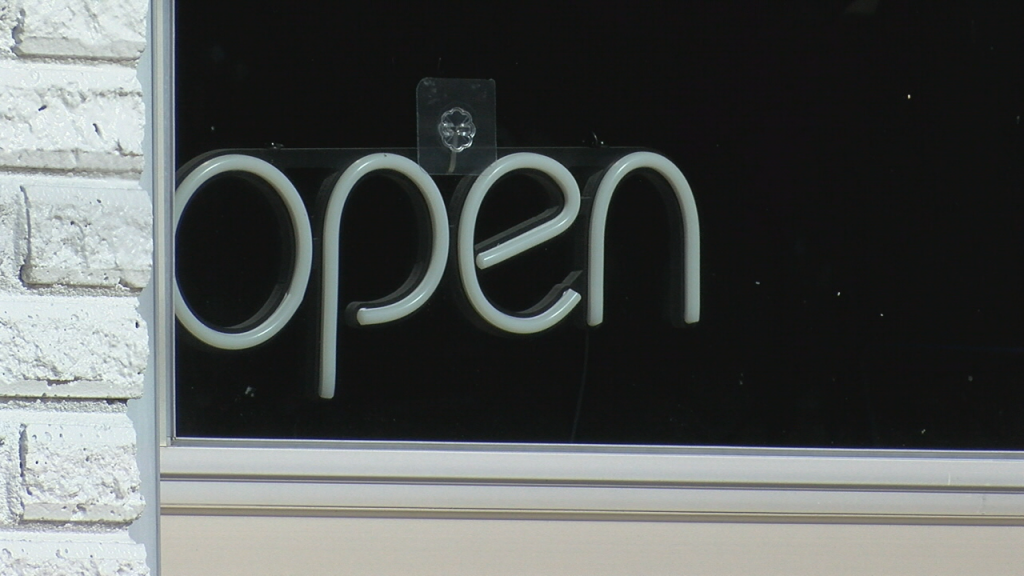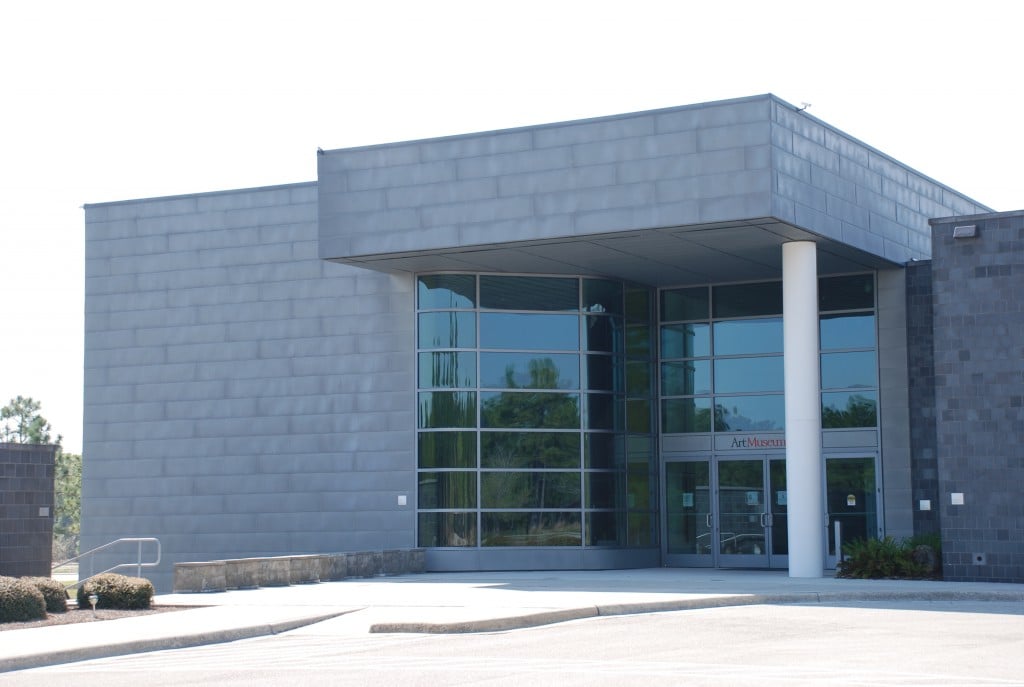Council of Government works to regain accountability after scathing state audit
WILMINGTON, NC (WWAY) – A resignation, a fine, and a completely overhauled accounting system all in the aftermath of a state audit. Not many know much about the Cape Fear Council of Governments, but it performs a vital service for public officials.
The efficiency of their work turned upside down after this audit.
“It’s obvious that in this case, the right people weren’t in the right positions and the correct oversight wasn’t in the right areas.”
A state audit found that the workforce development board misused nearly $600,000. The time frame of these happening from 2015 to 2017 all within a branch of service in the council called the Workforce Development Board. The board relies a great deal on federal WIOA grant money providing them the ability to rent a building for NC Works and support job search efforts for local job seekers.
“There were some discrepancies that were pretty much I think news for all of us,” said New Hanover County commissioner Jonathan Barfield.
The violations found ranged from improper rent payments for that NC Works building as well as a conflict of interest. They also include missing or improperly documented expenditures made by workforce development staff for invoicing travel as well as business credit cards.
“I did not know the magnitude of the issues that would be found during the audit,” said Brunswick County commission Vice Chair Randy Thompson.
Commissioner Barfield and Vice Chairman Thompson are both members of the Council of Government’s board.The agency includes and represents the planning and will of county and municipal leaders from New Hanover, Brunswick, Pender and Columbus counties.
Most of the council’s budget comes from federal grant money, state allocations, as well as local government dues and fees.
WWAY’s Andrew James reached out to ten local governments regarding their annual fees given to the COG. Those ten included the expenses of the four Cape Fear counties. The fraction of governments that we reached out too pays fee range from a couple hundred dollars to more than five figures. In all, the total fees those ten governments gave last year to the COG reached more than $207,000.
Before and during this audit, Thompson raised the question is Brunswick County’s portion of those fees, $34,000, was worth it.
“Our county manager and myself had a conversation at one time about if the county even needed to be with the COG any longer,” said Thompson. “Whenever we think that and whenever we look at the benefits that we do receive from the COG. ”
Council of Governments Executive Director Chris May refuted the audit disagreeing with every finding. Still changes were made one being a key change in staff. Auditors found a conflict of interest when Cape Fear Workforce Development Finance Committee Chair Craig Umstead voted in favor of nearly $500,000 in grant money to go to the non-profit Telamon Corporation. Umstead was and is a board member for Telamon Corp.
May and the COG board challenged that saying Umstead was a volunteer to the committee and received no financial gain off the vote. In the end, Umstead resigned from his position. May saying the reason was to maintain a sense of transparency citing the fact that eventually the state backed off its claim there as in a fact conflict of interest.
The COG rewrote its conflict of interest policy and sent it out to the separate boards and staffs.
“It was a wake up call when you think everything is going great and then somebody surprises you with something like that,” said May, “We made immediate and prompt changes on everything.”
Those changes being the hire of a compliance officer to watch over the Workforce Development Board.
“All that was said and done. There was never any indication of malfeasance, fraud or misappropriation of funds,” said May. “The only problem that was uncovered, was that there were procedures that could have been followed better.”
In the end the state still held the cog accountable. The COG had to pay up as the auditor’s office hit them with a five-figure fine of more than $22,000. We took the question to May on how the COG, whose budget is a bulk of federal, state, and local tax money, paid this fine.
“None of it came from member dues or any of the local government contributions directly. It came from what we typically use for operations to put in our fund balance to cover cash flows later. So it came out of our savings account.”
The state auditor tells me the matter is now closed, but it’s not for the commissioners we spoke with.
“Everyone’s eyes have been opened to this and making sure from this point on that ship runs very smoothly,” said Commissioner Barfield.
“As a county representative, we have an executive director who should step forward and make sure items like this do not happen and should never have happened,” Thompson said.
May says now they’ve adopted accounting standards to go above and beyond what they had before. He added that they frequently communicate with the state auditor to make sure they are compliant.




